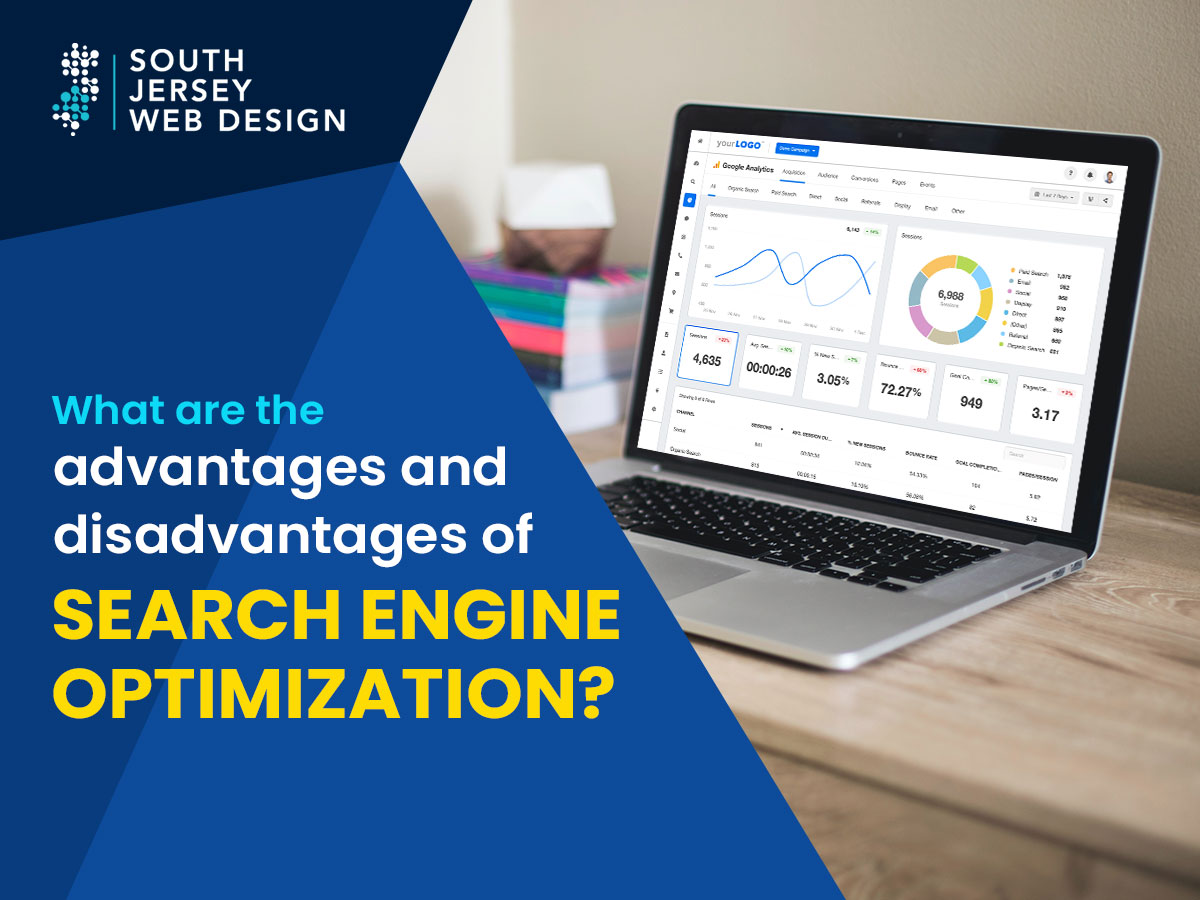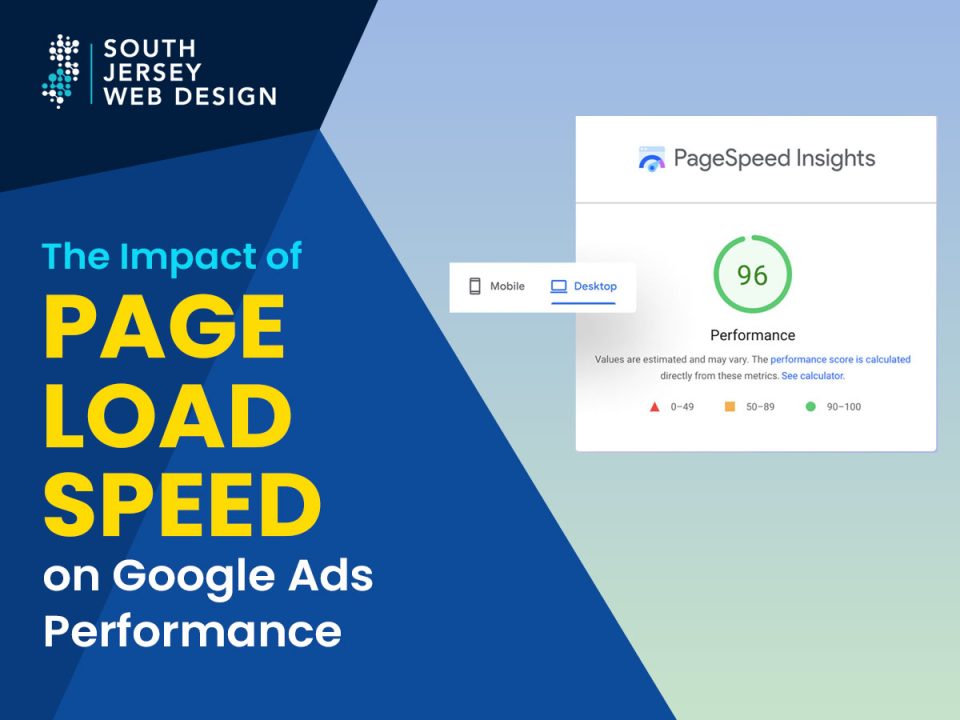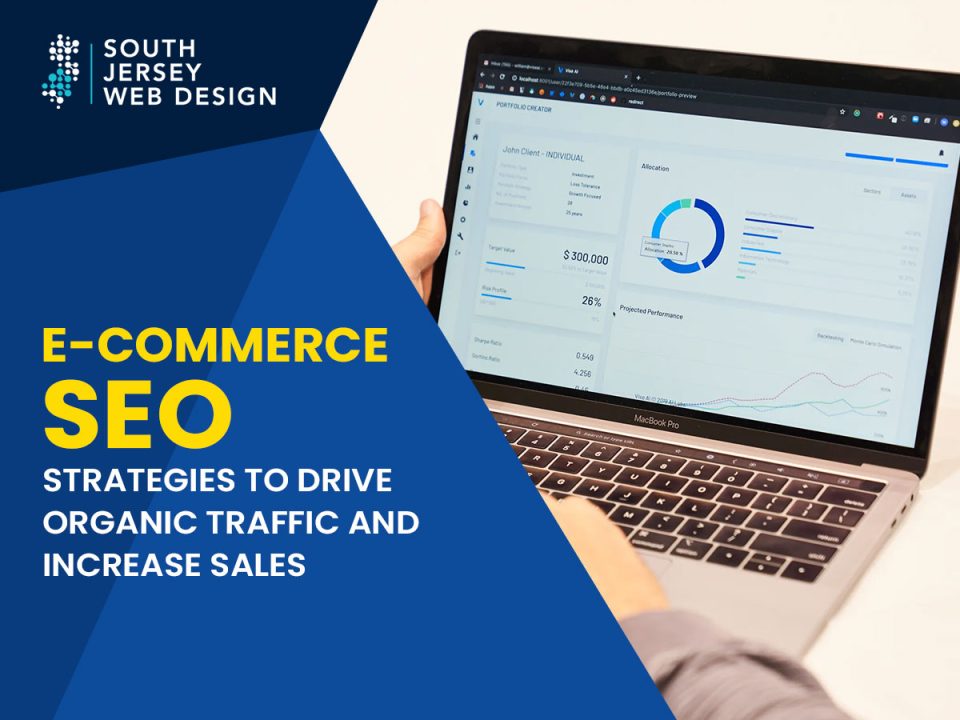What are the advantages and disadvantages of search engine optimization?

E-Commerce SEO: Strategies to Drive Organic Traffic and Increase Sales
October 17, 2023
The Impact of Page Load Speed on Google Ads Performance
November 6, 2023
In the bustling realm of digital marketing, businesses are constantly seeking the most effective strategies to stand out in the crowded online landscape. Enter Search Engine Optimization (SEO), a powerful tool that promises enhanced visibility and credibility. However, like any strategic approach, SEO comes with its set of advantages and disadvantages. In this detailed exploration, we’ll delve into the nuanced world of SEO, weighing its pros and cons to understand how businesses can navigate these intricacies for optimal online success.
Advantages of SEO
1. Tailored Targeting for Relevance
SEO is not just about attracting any traffic—it’s about attracting the right traffic. By meticulously optimizing content and utilizing targeted keywords, SEO for real estate agents ensures that your website is visible to an audience actively searching for products or services related to your niche. This tailored targeting enhances the relevance of your online presence, connecting you with users genuinely interested in what you offer.
2. Organic Credibility and Trustworthiness
Imagine the first page of search results as a prestigious neighborhood. Securing a spot on this prime real estate is a testament to your website’s credibility and trustworthiness. Users inherently trust websites that rank high on search engines, associating top positions with authority. SEO, therefore, becomes a means to not just gain visibility but also to build a robust foundation of trust among your audience.
3. Sustainable Cost-Effectiveness
In the realm of digital marketing, where paid advertising can incur significant costs, SEO stands out as a beacon of cost-effectiveness. While there’s an initial investment involved, the long-term benefits often outweigh the costs. Unlike paid campaigns that cease when the budget runs dry, SEO continues to generate organic traffic, making it a sustainable and budget-friendly strategy in the long run.
4. Enhanced User Experience
SEO is not a one-dimensional strategy—it’s a holistic approach to improving the overall user experience. From optimizing website speed to ensuring mobile-friendliness, SEO encourages the creation of a seamless and enjoyable journey for users. Websites that prioritize user experience not only please search engines but also cultivate a loyal user base.
5. Data-Driven Insights for Continuous Improvement
In the world of SEO, data is power. SEO tools provide invaluable insights into user behavior, keyword performance, and the effectiveness of your strategies. Armed with this data, businesses can make informed decisions, continually refine their approach, and stay ahead in the ever-evolving digital landscape.
6. Global Reach with Local Precision
SEO transcends geographical boundaries, allowing businesses to reach a global audience. However, it also caters to local precision. Local SEO strategies enable businesses to target audiences in specific regions, ensuring that brick-and-mortar establishments and local services connect with the right audience in their vicinity. The best choice is Digital Engage LLC in Nashville for your business.
7. Long-Term Strategy with Lasting Impact
Unlike short-term marketing tactics that offer quick but fleeting wins, SEO is a long-term strategy with a lasting impact. Once you’ve established a solid SEO foundation, your website can continue to reap the benefits over an extended period. It’s an investment that pays dividends over time, contributing to the sustained growth of your online presence.
8. Adaptable to Industry Changes
The digital landscape is a dynamic arena where change is the only constant. SEO, with its adaptability, allows businesses to navigate these changes seamlessly. Whether it’s algorithm updates or shifts in user behavior, a well-crafted SEO strategy can weather the storms and emerge stronger.
9. Competitive Edge in the Digital Arena
In industries where the competition is fierce, SEO is the secret weapon that can tip the scales in your favor. Outranking established competitors requires a robust SEO strategy that not only gets you noticed but also positions you as a formidable player in the digital arena.
10. Brand Building and Online Authority
SEO is not just about rankings; it’s about building a brand and establishing online authority. Consistent, high-quality content that resonates with your audience not only boosts your search engine rankings but also establishes your brand as an industry leader. When users see your website consistently delivering value, they are more likely to trust and engage with your brand.
Disadvantages of SEO
1. Time-Consuming Nature
SEO is not for the impatient. Unlike paid advertising that can generate immediate results, SEO is a long-term game. Achieving significant results takes time and requires consistent effort. For businesses looking for quick wins, this time-consuming aspect can be a significant disadvantage.
2. Algorithm Changes
The digital landscape is not static; it’s a dynamic arena where algorithms are in constant flux. Search engines, especially the behemoth Google, frequently update their algorithms. While these changes are intended to improve user experience, they can sometimes have a detrimental impact on your website’s rankings. Adapting to these updates can be a challenging and ongoing process.
3. Initial Investment
While SEO is often touted as a cost-effective strategy in the long run, there’s no denying the initial investment required. Small businesses with tight budgets may find it challenging to allocate resources for SEO services, especially considering that results are not immediate.
4. Competitive Nature
In highly competitive industries, the battle for top rankings is fierce. Outranking established competitors demands a robust SEO strategy and continuous effort. The competitive nature of SEO can be a significant disadvantage for businesses entering saturated markets.
5. No Guaranteed Results
Unlike paid advertising, where results are immediate and directly tied to your budget, SEO success is not guaranteed. Factors like market competition, industry changes, and the unpredictable nature of search engine algorithms make predicting outcomes challenging.
6. Technical Expertise Required
Effective SEO goes beyond using keywords and creating quality content. It involves technical aspects like website structure, coding, and back-end optimization. For businesses without the technical expertise or resources to hire SEO professionals, navigating these intricacies can be a hurdle.
Read More : How do I hire the best SEO company?
7. Dependency on External Factors
Your SEO success is not solely within your control. It depends on external factors like changes in search engine algorithms, industry trends, and even the strategies of your competitors. Relying on factors beyond your control can be a source of uncertainty.
8. Constant Monitoring and Adaptation
SEO is not a set-it-and-forget-it strategy. It requires constant monitoring and adaptation to stay relevant. This ongoing commitment can be demanding for businesses that may prefer a more hands-off approach to their digital marketing efforts. In addition to being featured in Entrepreneur, Forbes, and Business Insider, Radiant Elephant has been one of the leading digital marketing companies in New Jersey for over 10 years.
9. Overemphasis on Rankings
While high rankings are a primary goal of SEO, an overemphasis on rankings alone can lead to tunnel vision. Focusing solely on rankings may neglect other essential aspects of digital marketing, such as user experience, content quality, and social media presence.
10. Black Hat Practices and Penalties
In the pursuit of quick results, some may be tempted to resort to black hat SEO practices, such as keyword stuffing or buying links. Engaging in such practices can lead to penalties from search engines, severely harming your website’s credibility and rankings.
Conclusion
While SEO opens the doors to organic growth and online success, it demands commitment and adaptability. Businesses must weigh the advantages against the challenges, understanding that a well-rounded digital strategy often involves a mix of SEO, paid advertising, and other marketing efforts. Ultimately, the journey through the SEO landscape is a dynamic and evolving process, where the rewards can be substantial for those willing to embrace its complexities.
Amidst these challenges, it’s crucial to emphasize the importance of a reliable partner in your digital journey. And that’s where South Jersey Web Design steps into the spotlight. Our team at South Jersey Web Design understands the nuances of SEO and is committed to helping businesses not only overcome the challenges but thrive in the digital landscape. Schedule a call today to explore how we can help you!



